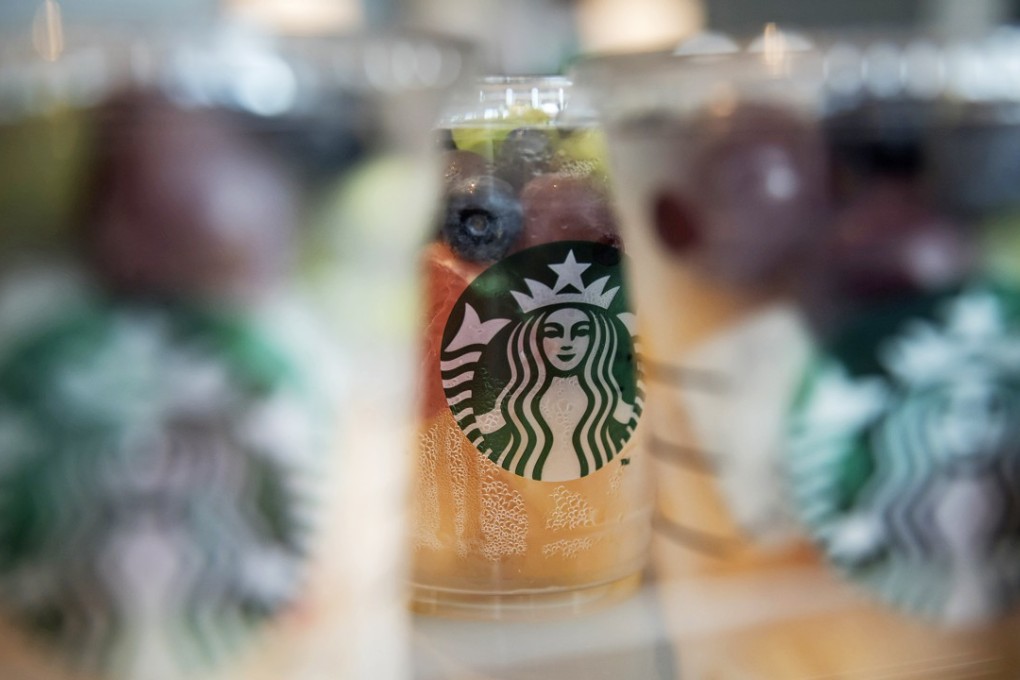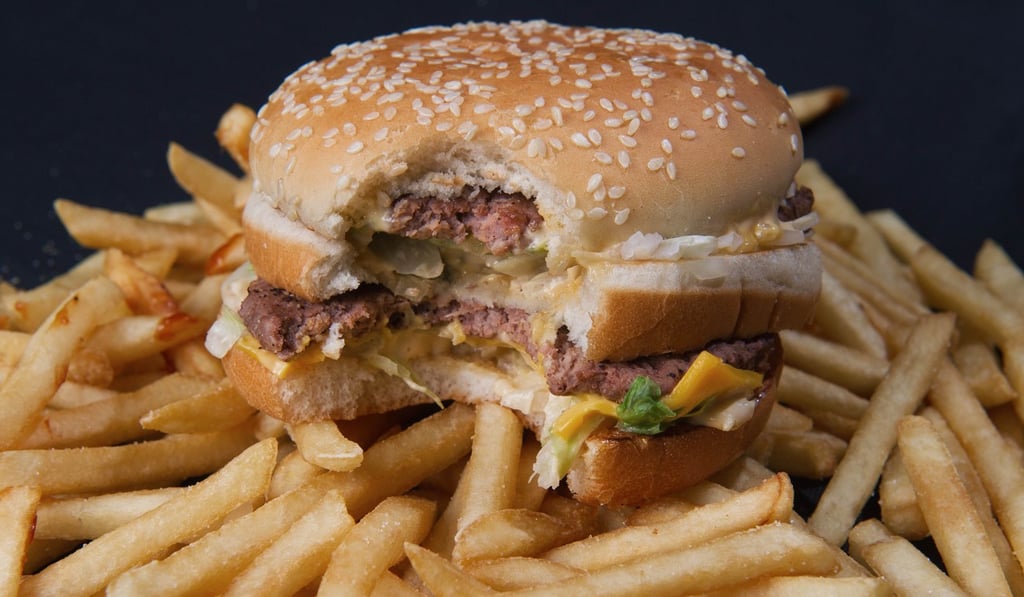McDonald’s, Starbucks could take a hit in China as trade war fuels anti-US sentiment
US fast-food and coffee chains could see a slowdown in sales as China consumers turn to local brands amid a rising tide of nationalism, say analysts

A growing sense of anti-US sentiment among Chinese consumers, fuelled by the escalating trade war, threatens to harm American fast-food brands, which have already seen their sales slowing, say analysts.
China is a prime market for US empires like Starbucks, KFC and McDonald’s, while Burger King recently announced plans to expand its presence there.
“There is a huge risk in general for American brands, but especially for iconic ones like Starbucks,” said Shaun Rein, managing director at China Market Research Group. “With increased competition, combined with nationalism, and the trade war as a back drop, it is very possible Chinese consumers will boycott McDonald's and Starbucks and instead go to Chinese brands.”
KFC makes up China’s largest network of restaurants, with 8,200 outlets and is the largest fast-food brand. It had a 5.2 per cent share of the market, worth US$6.63 billion, last year. Illinois-founded McDonald’s was in second place with a 2.4 per cent market share worth US$3.14 billion, and Florida-based Burger King was fourth, with 0.6 per cent, according to market research provider Euromonitor International.

But sales have been slowing recently as more local chains have entered the market and rapidly gained a following.
